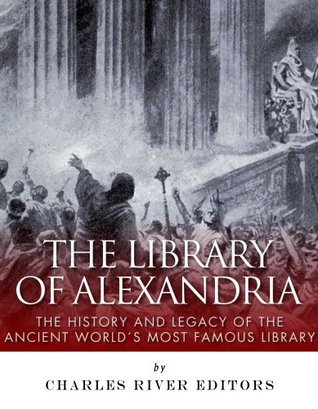What do you think?
Rate this book


46 pages, Kindle Edition
First published February 14, 2014
Charles River Editors is an independent publisher of thousands of ebooks on Kindle , Nook , Kobo , and Apple iBookstore & provider of original content for third parties.I also noticed that they are able to quickly publish books on new subjects that arise in the news (e.g. ). Charles River Editors appears to be a book mill that churns out books that cover almost any subject that one might expect to find in Wikipedia, but with much more expanded thoroughness than what one finds in an encyclopedia.